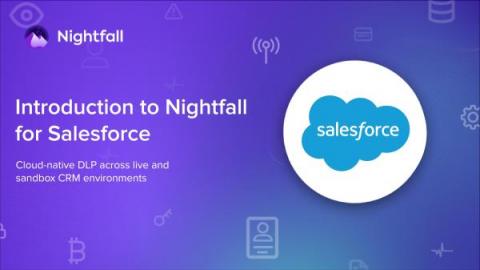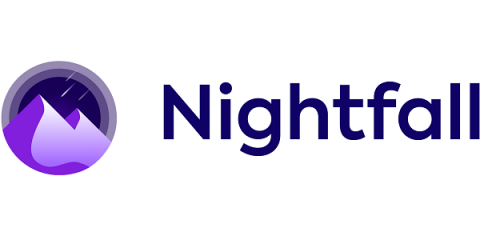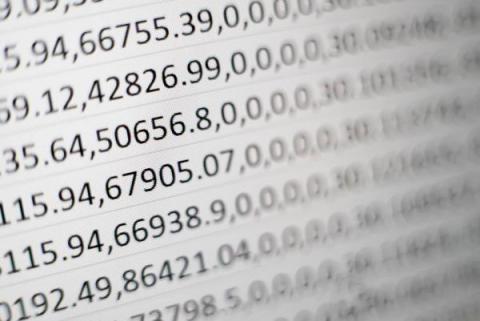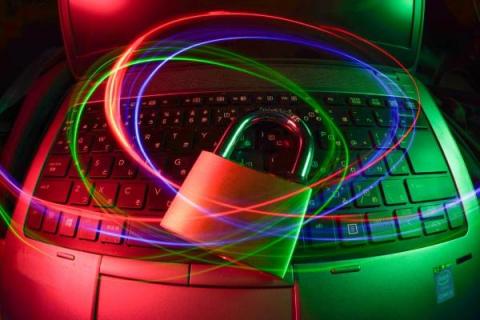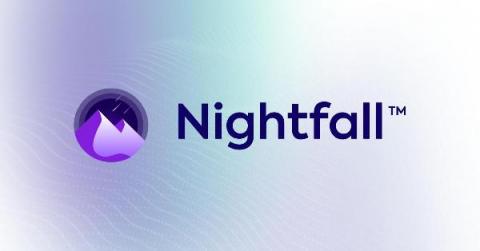What Is Cloud DLP And Why Do You Need It For Remote Work?
Remote work is not going away. Depending on who you ask, experts believe 35% – 65% of the US workforce will continue to work remotely, permanently. Remote work was a trend that began well before the pandemic and will continue to be the preferred way to work for companies and employees alike. However, many companies were unprepared for the speed at which remote work became the preferred office structure. The pandemic forced businesses to adopt new tools and processes virtually overnight.



